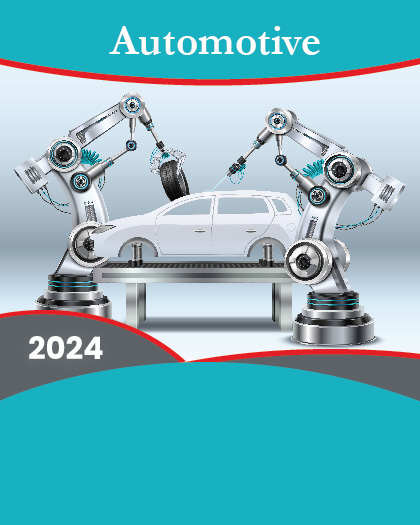
Global Active Seat Belt System Market is valued at approximately USD 14.42 billion in 2023 and is anticipated to grow with a healthy growth rate of more than 6.6% over the forecast period 2024-2032. Active seat belt systems are sophisticated safety mechanisms that go beyond traditional seat belts by incorporating advanced technology to detect potential threats, such as collisions. These systems tighten the seat belt automatically to enhance passenger safety, relying on data from various vehicle safety features, including electronic stability control and brake assist systems. The active seat belt system integrates seamlessly with the pre-crash electronic control unit (ECU) and pretensioners and is increasingly being adopted in modern vehicles to mitigate injuries during sudden stops or crashes.
Several key factors, including increased consumer awareness of automotive safety, stringent automotive safety norms, and the rising demand for luxury vehicles drive the market growth. Governments around the world are implementing stricter regulations that necessitate the integration of safety systems equipped with sensors and cameras into vehicles. For instance, Hyundai Mobis' introduction of safety technology that integrates electronic seat belts with autonomous driving sensors in 2019 exemplifies the industry's commitment to enhancing passenger safety. However, the high cost of active seat belts, which surpasses that of passive seat belts, remains a significant challenge, particularly in terms of installation and the need for a skilled workforce.
Additionally, the surge in passenger vehicle registrations, especially in regions like the European Union, where car registrations increased by 10% in June 2021 compared to the previous year, is expected to fuel market growth. The rise in demand for SUVs, coupled with the shift toward electric and hybrid vehicles, also presents significant opportunities for market expansion.
The key regions considered for the Global Active Seat Belt System Market study include Asia Pacific, North America, Europe, Latin America, and Rest of the World. Asia Pacific is a dominating region in the Global Active Seat Belt System Market in terms of revenue. The market growth in the region is being attributed to factors including the rapid expansion of the automotive industry in countries like China, Japan, and India. The region's dominance is fueled by the increasing production of vehicles, rising awareness about vehicle safety, and supportive government regulations mandating advanced safety features in automobiles. Whereas, the market in North America is anticipated to grow at the fastest rate over the forecast period fueled by high adoption rate of advanced safety technologies, the presence of major automotive manufacturers, and the increasing consumer demand for enhanced vehicle safety features. The region's robust technological infrastructure and focus on innovation are further contributing to the rapid expansion of the market.
Major market player included in this report are:
TOKAIRIKA, CO, LTD
GWR Safety Systems
ITW Safety Components Mexico
Joyson Group
DENSO CORPORATION
Continental AG
Far Europe Inc.
Faurecia S.A.
Magna International Inc.
Nippon Seiki Co., Ltd.
Tokai Rika Co., Ltd.
Bharat Seats Limited
TRW Automotive Holdings Corp.
Hyundai Mobis Co., Ltd.
Aisin Seiki Co., Ltd.
The detailed segments and sub-segments of the market are explained below:
By Component:
Retractors
Pretensioners
Buckle Lifters
By Application:
Passenger Cars
Light Commercial Vehicles
Heavy Commercial Vehicles
By Sales Channel:
OEM
Aftermarket
By Region:
North America
U.S.
Canada
Europe
UK
Germany
France
Spain
Italy
ROE
Asia Pacific
China
India
Japan
Australia
South Korea
RoAPAC
Latin America
Brazil
Mexico
Rest of Latin America
Middle East & Africa
Saudi Arabia
South Africa
RoMEA
Years considered for the study are as follows:
Historical year - 2022
Base year - 2023
Forecast period - 2024 to 2032
Key Takeaways:
Market Estimates & Forecast for 10 years from 2022 to 2032.
Annualized revenues and regional level analysis for each market segment.
Detailed analysis of the geographical landscape with country-level analysis of major regions.
Competitive landscape with information on major players in the market.
Analysis of key business strategies and recommendations on future market approaches.
Analysis of the competitive structure of the market.
Demand side and supply side analysis of the market.
























